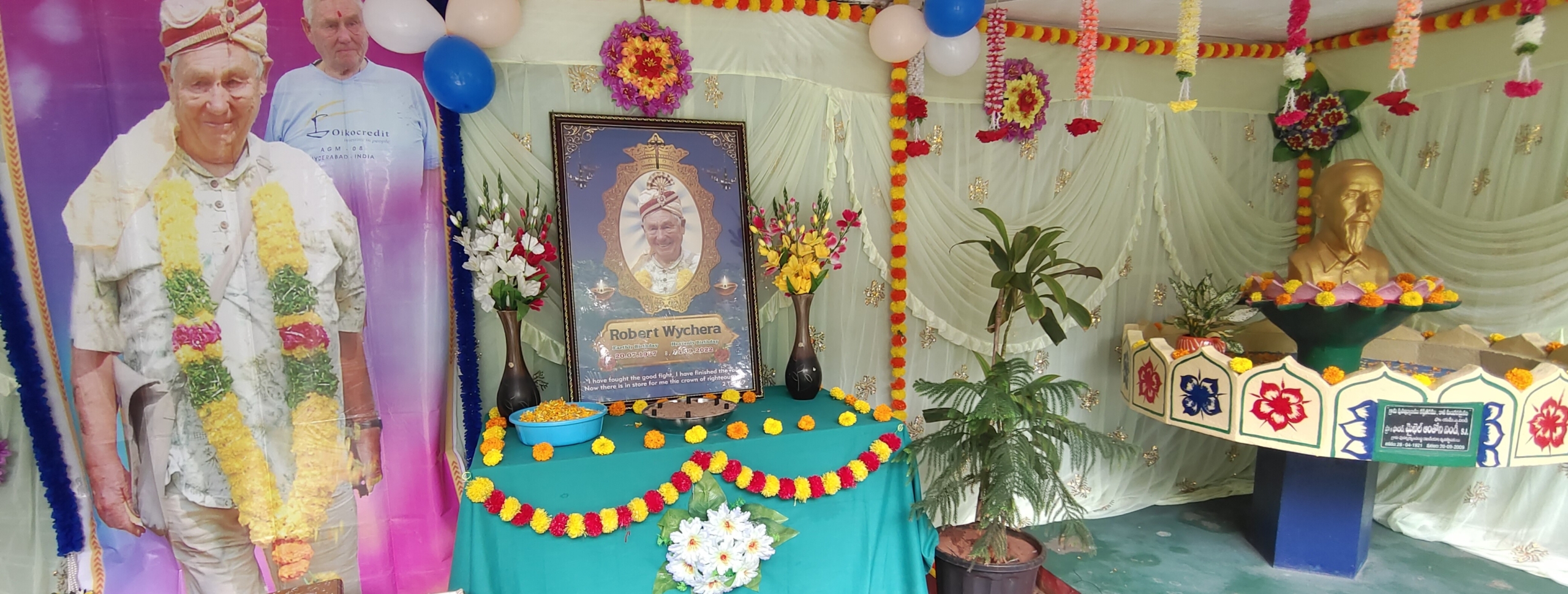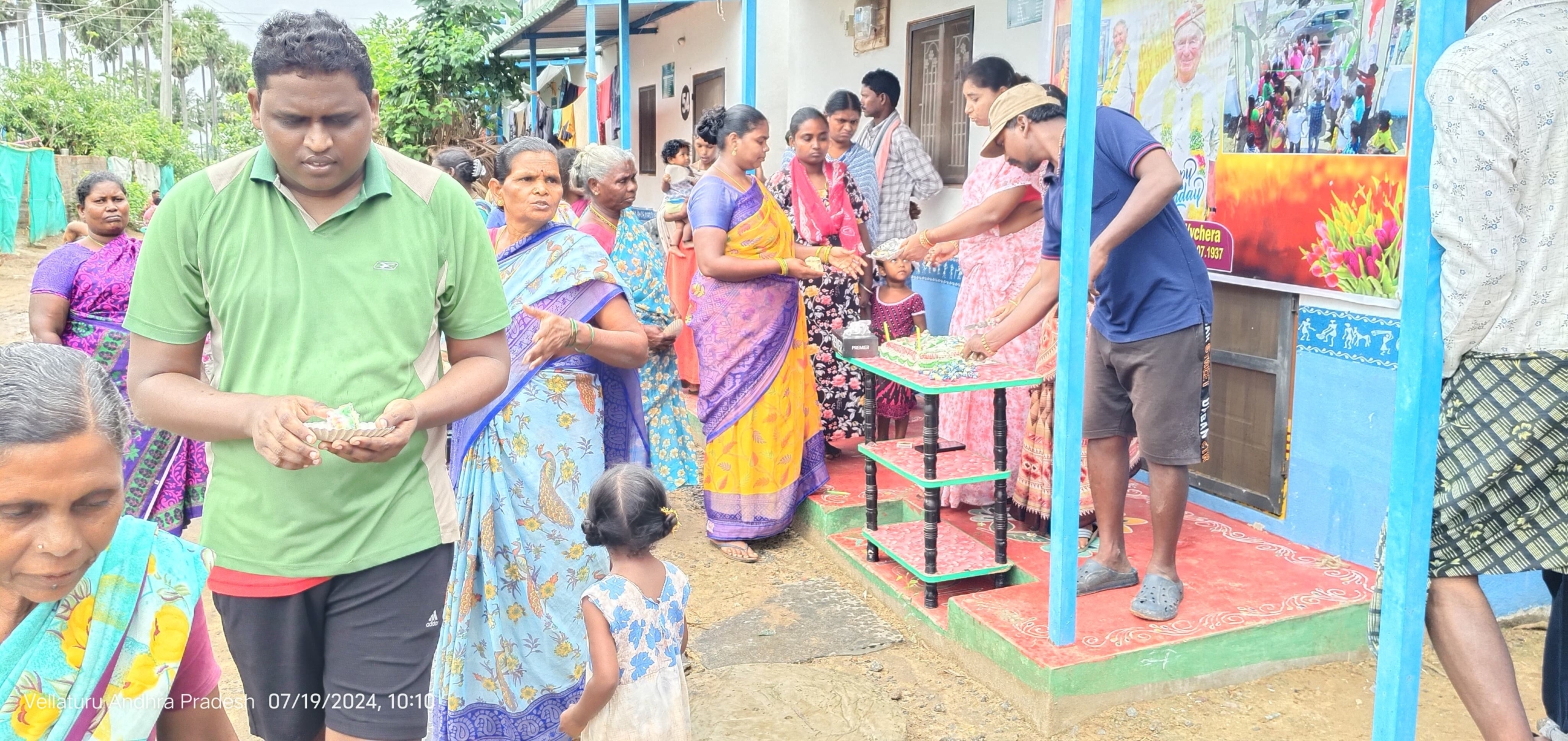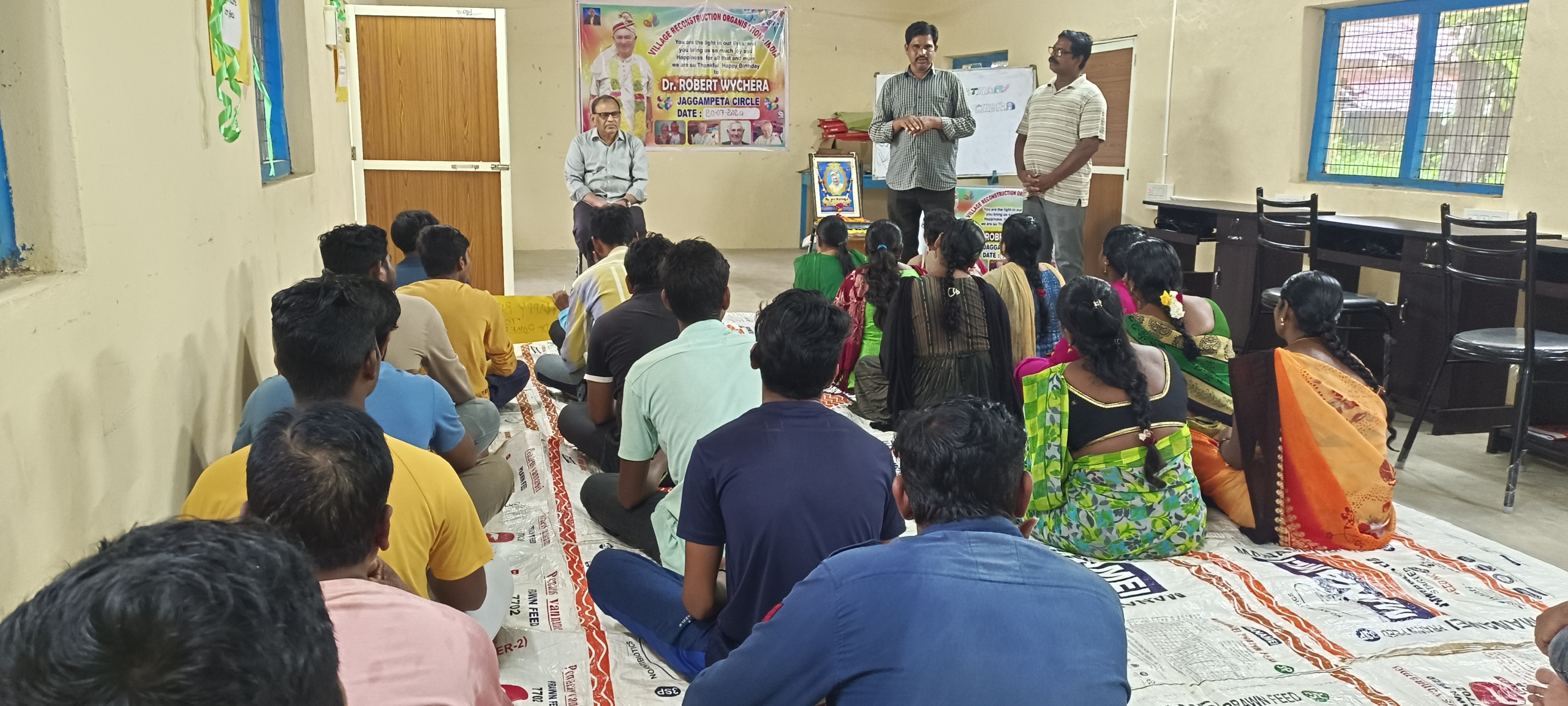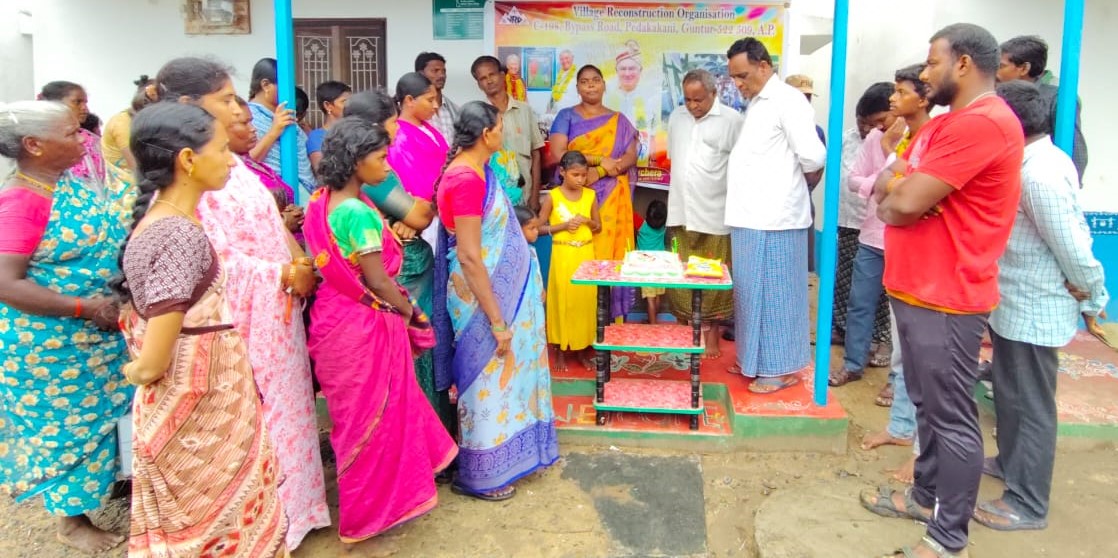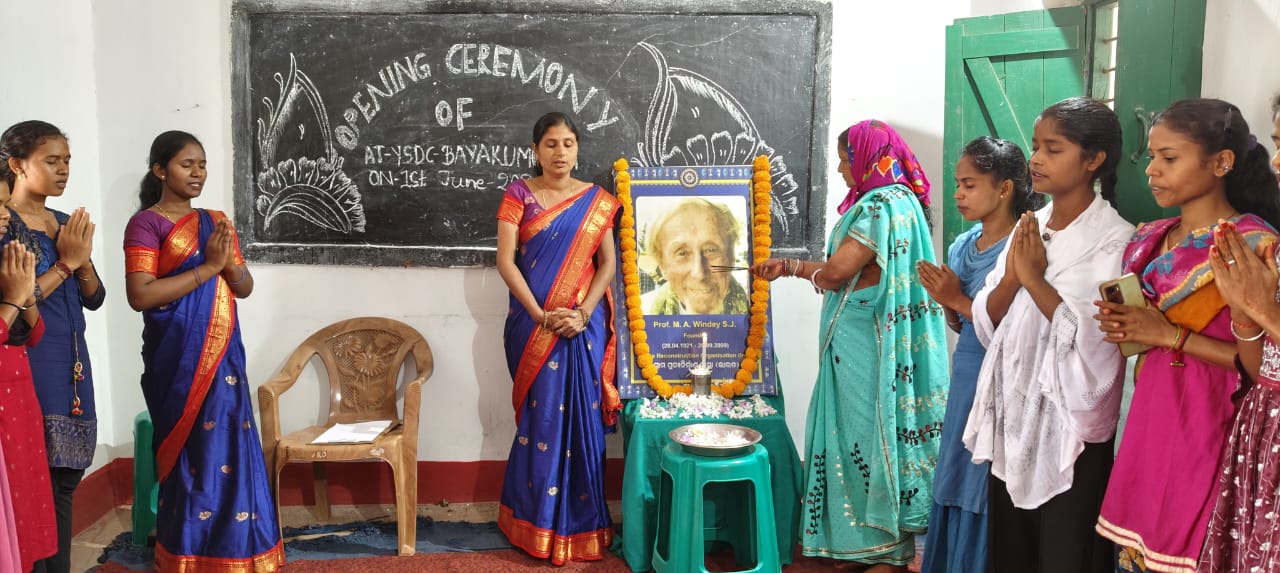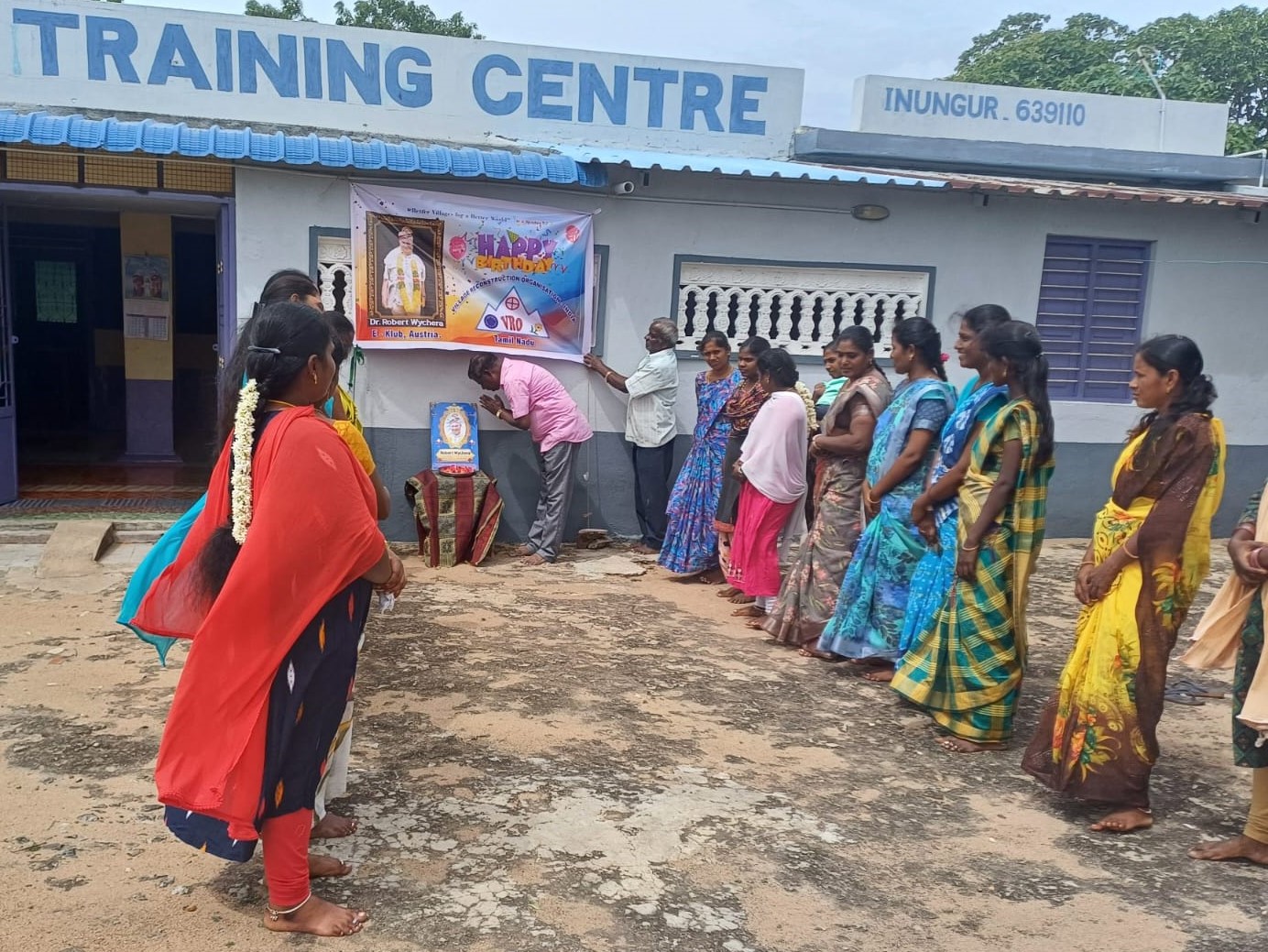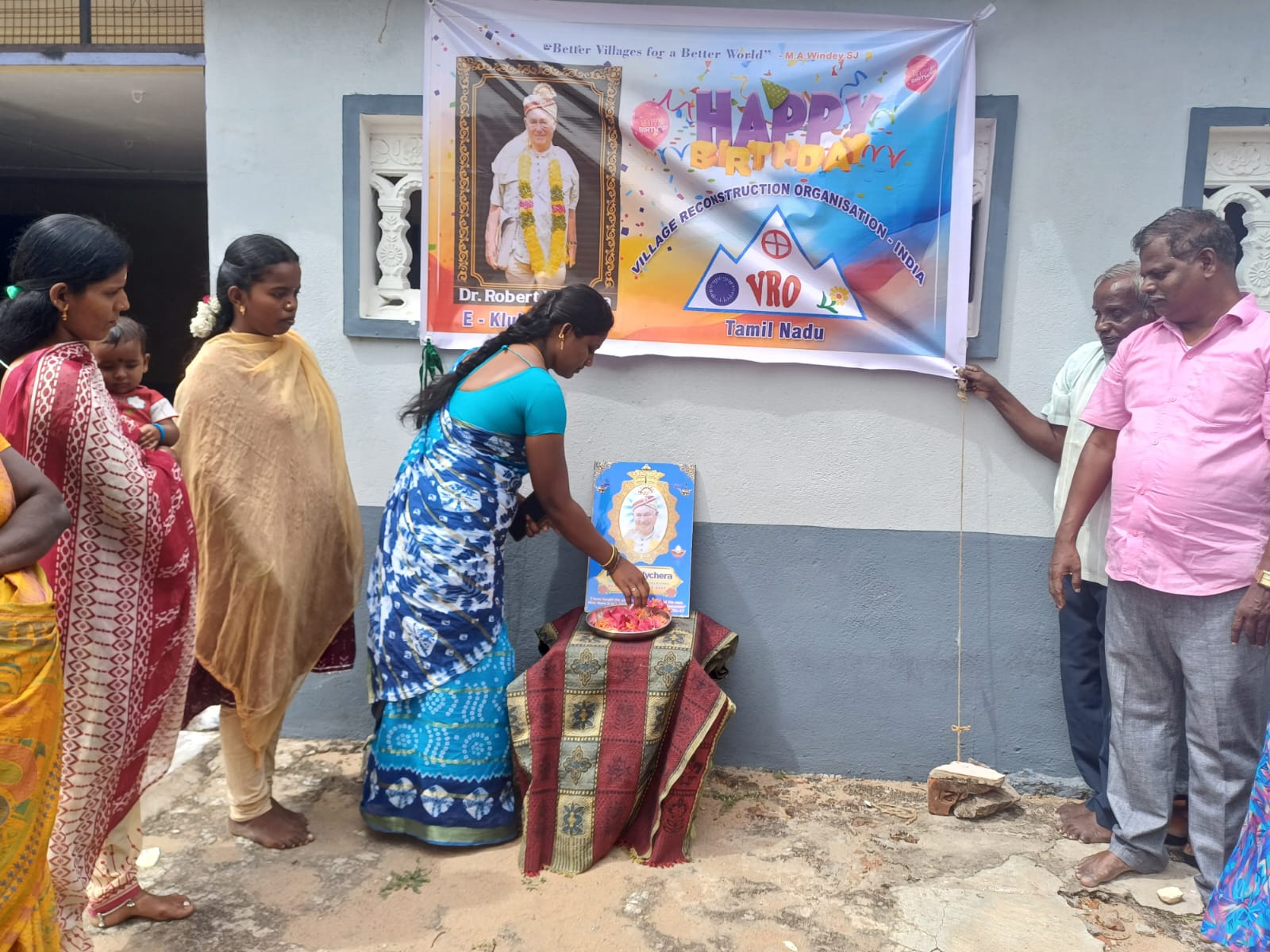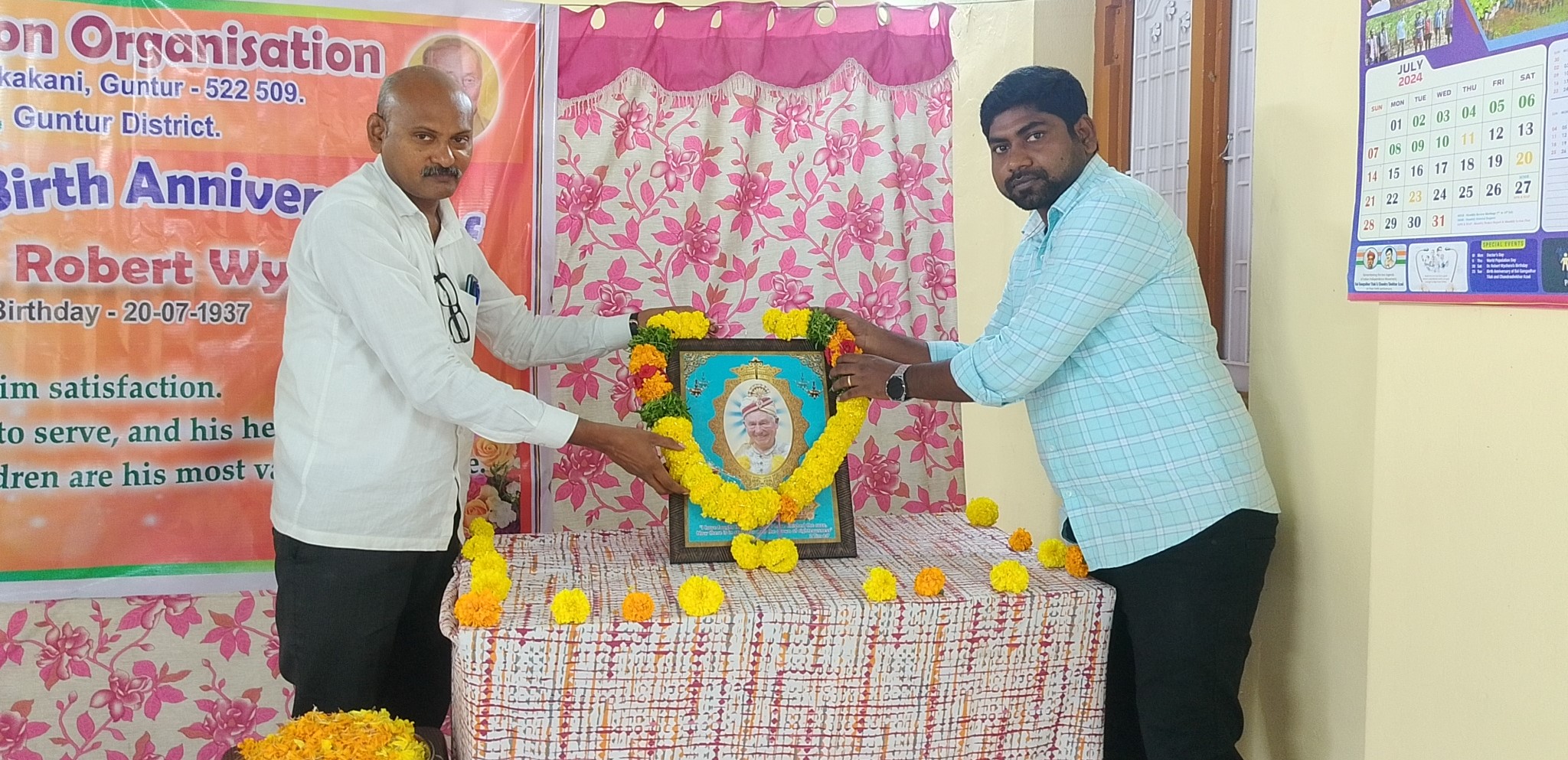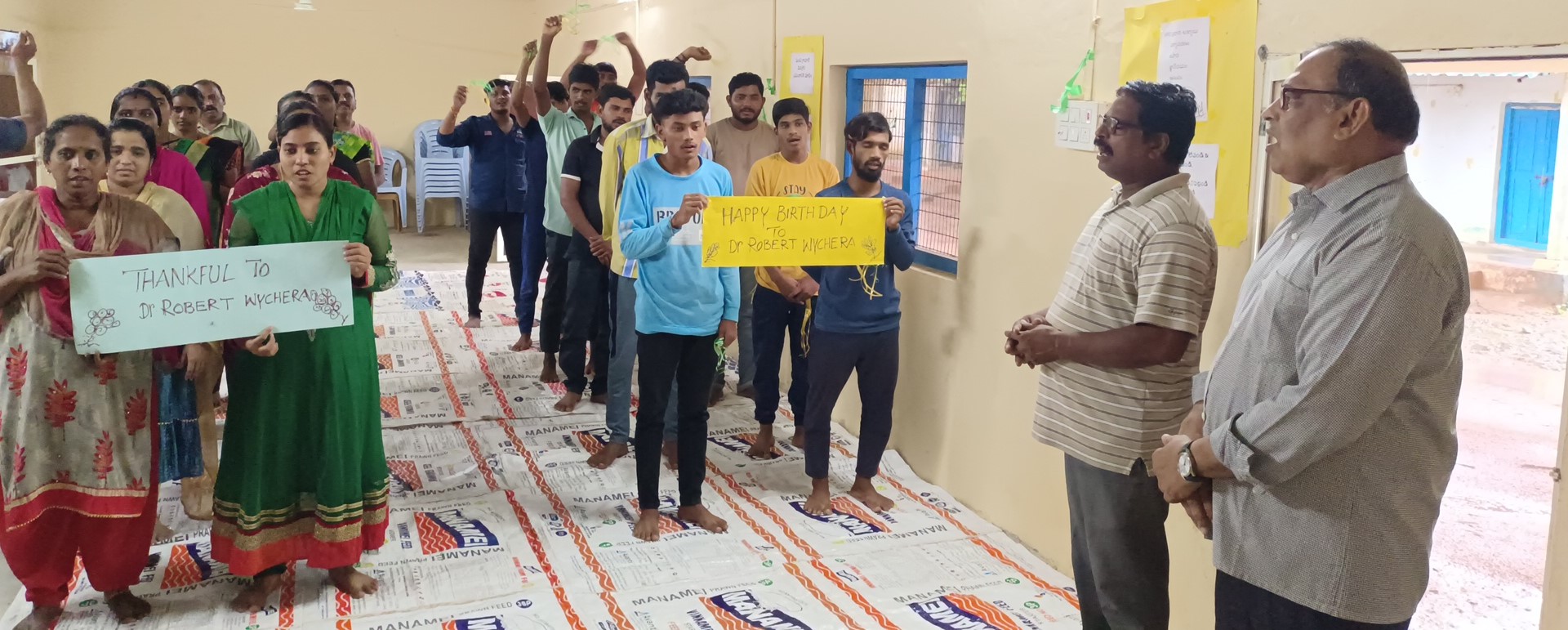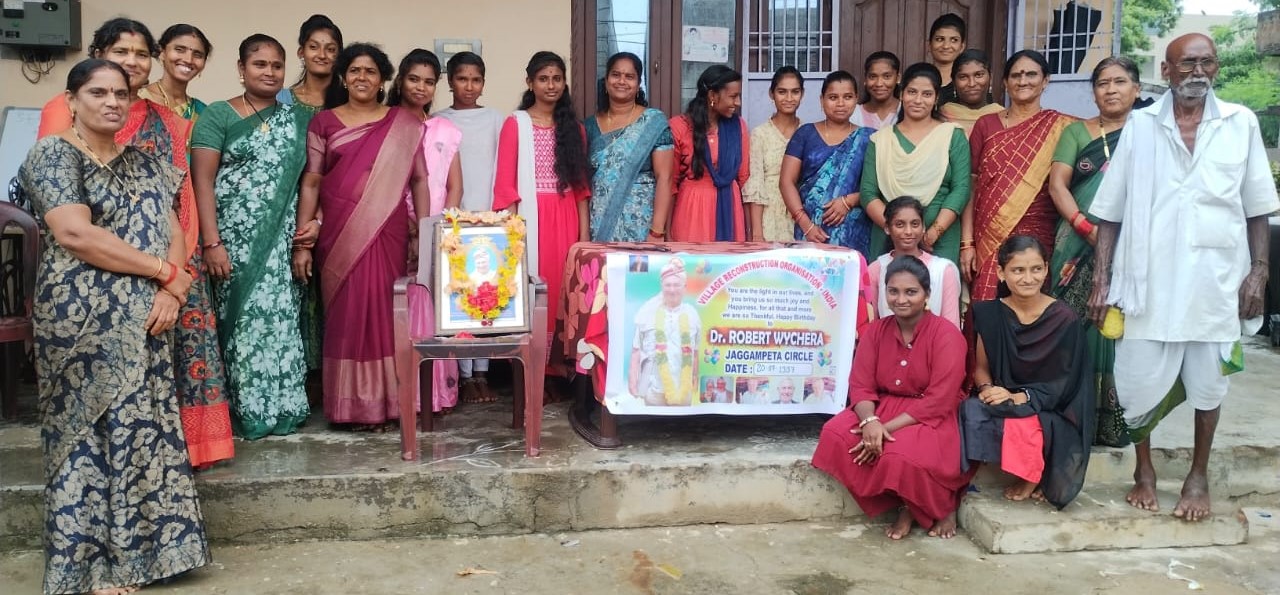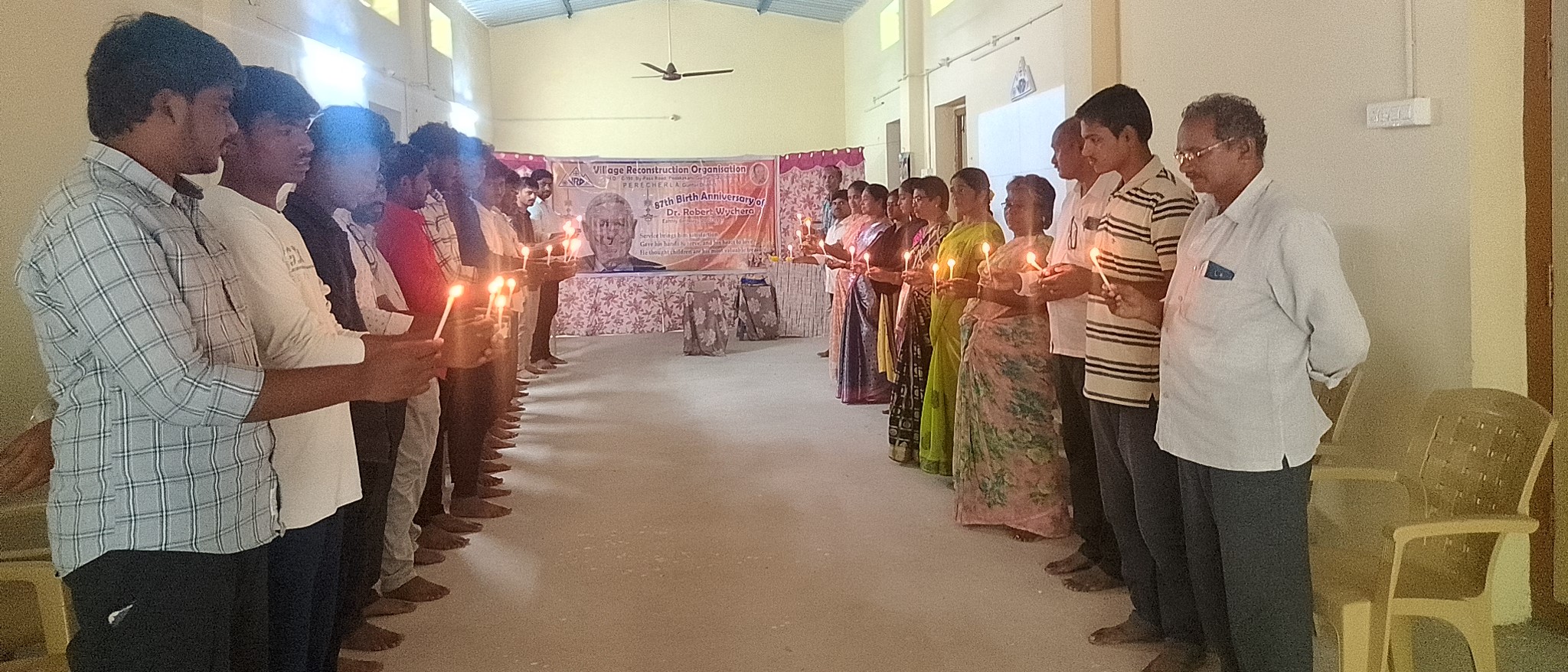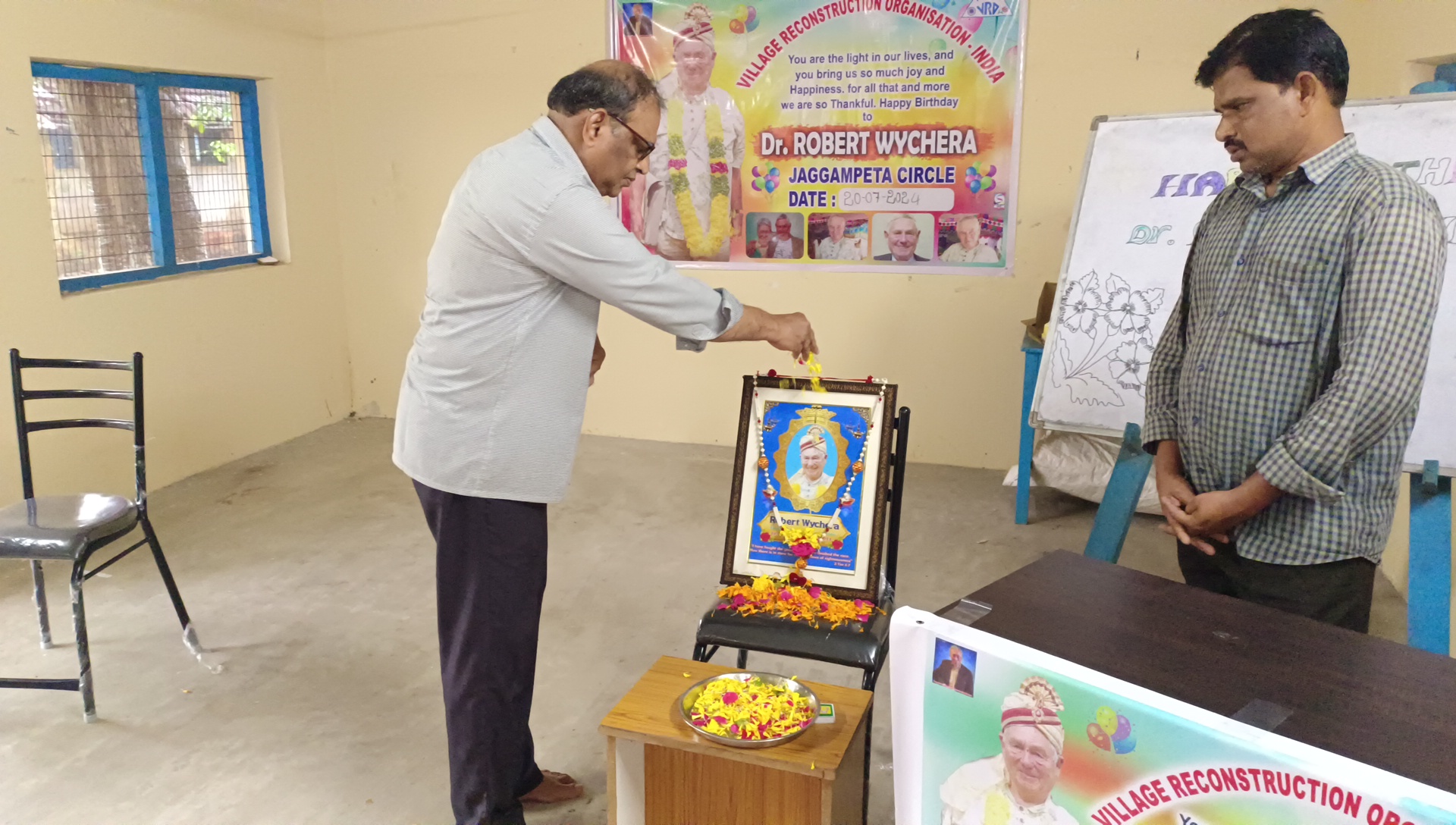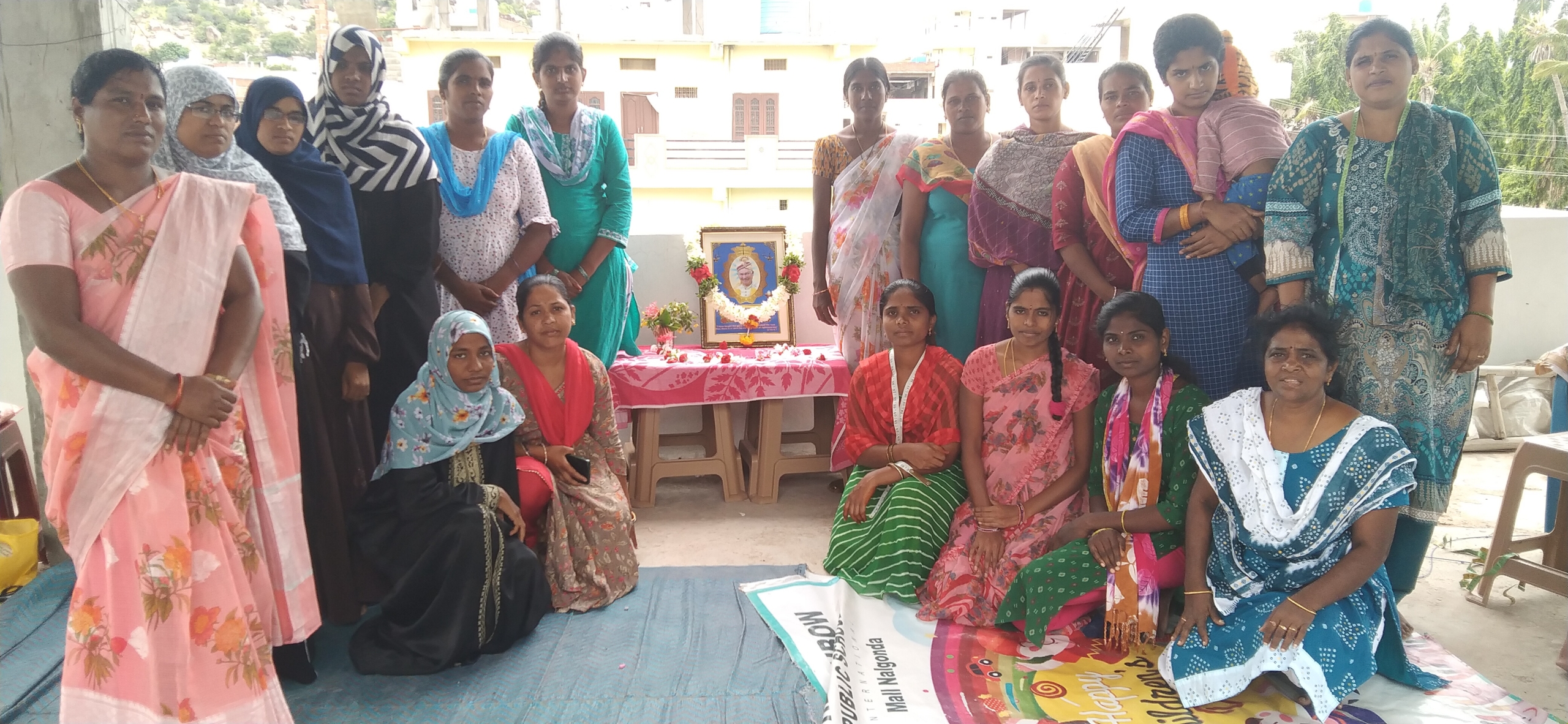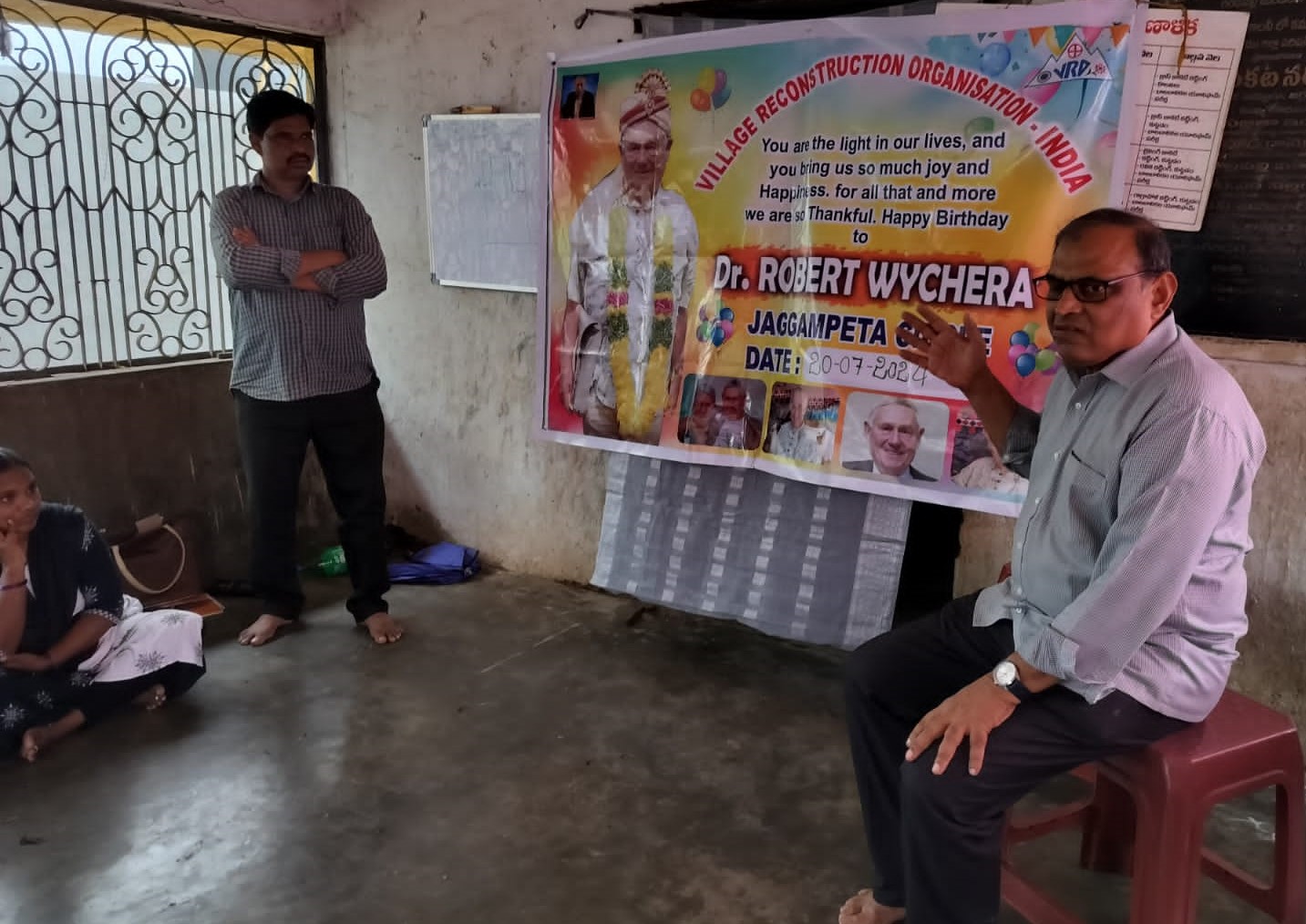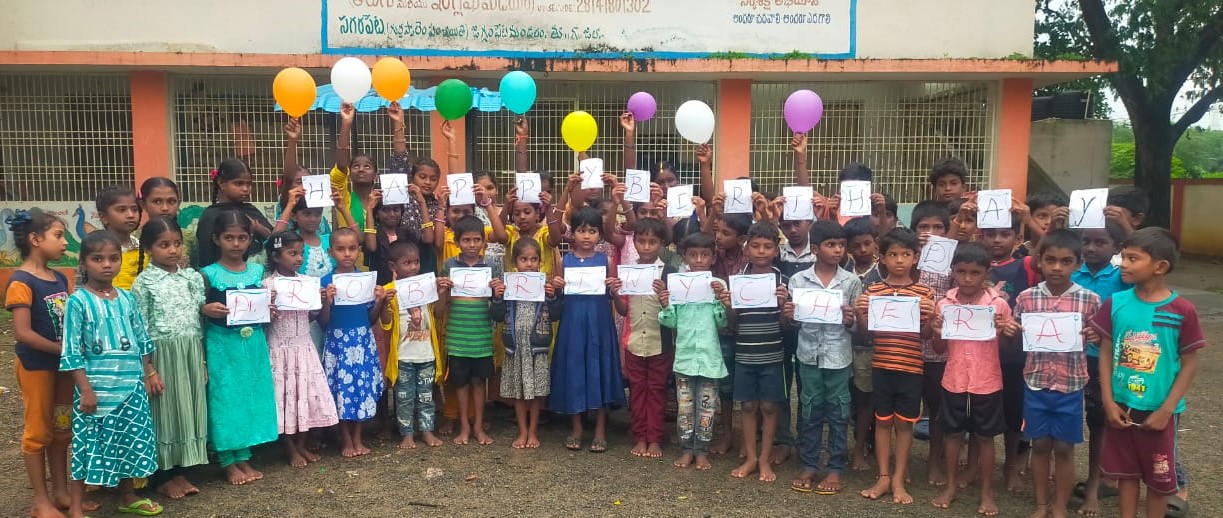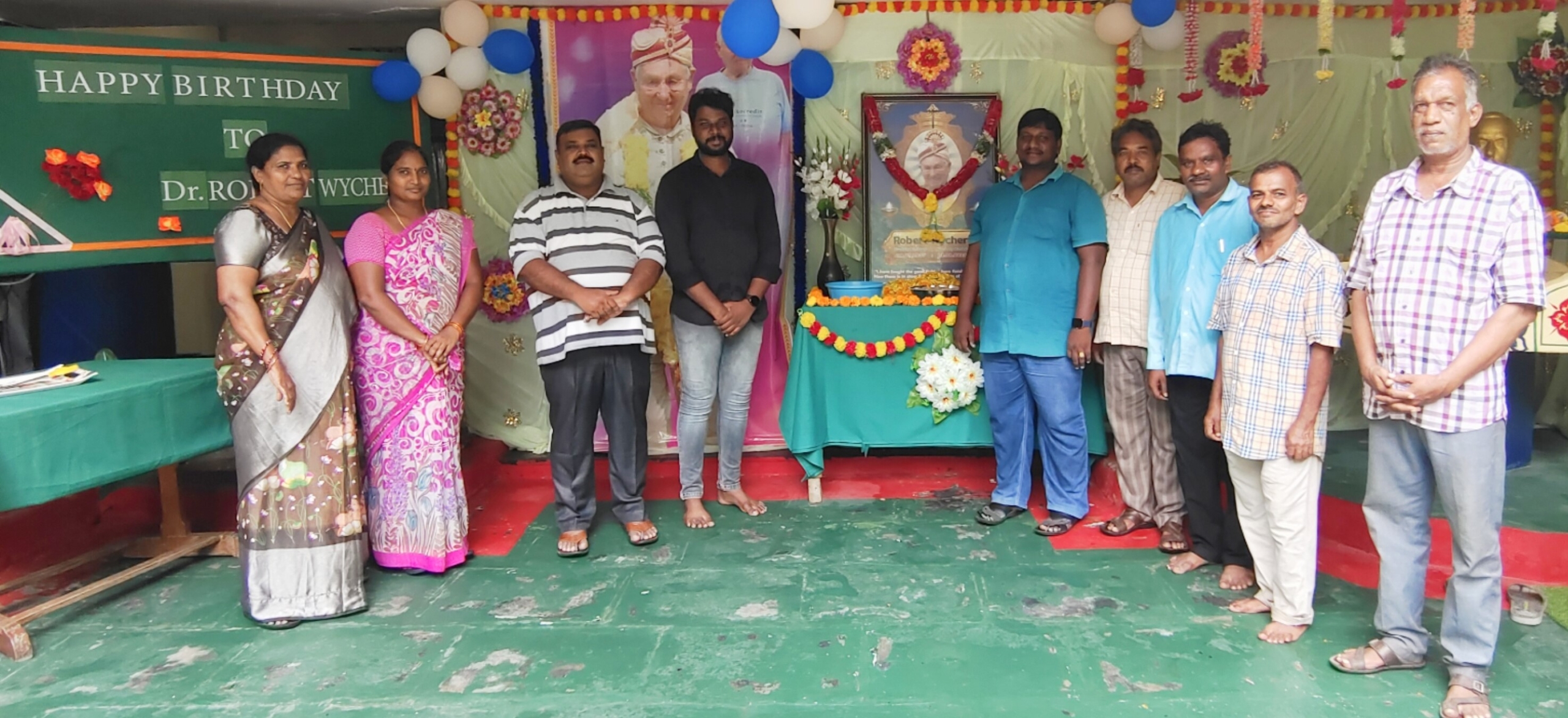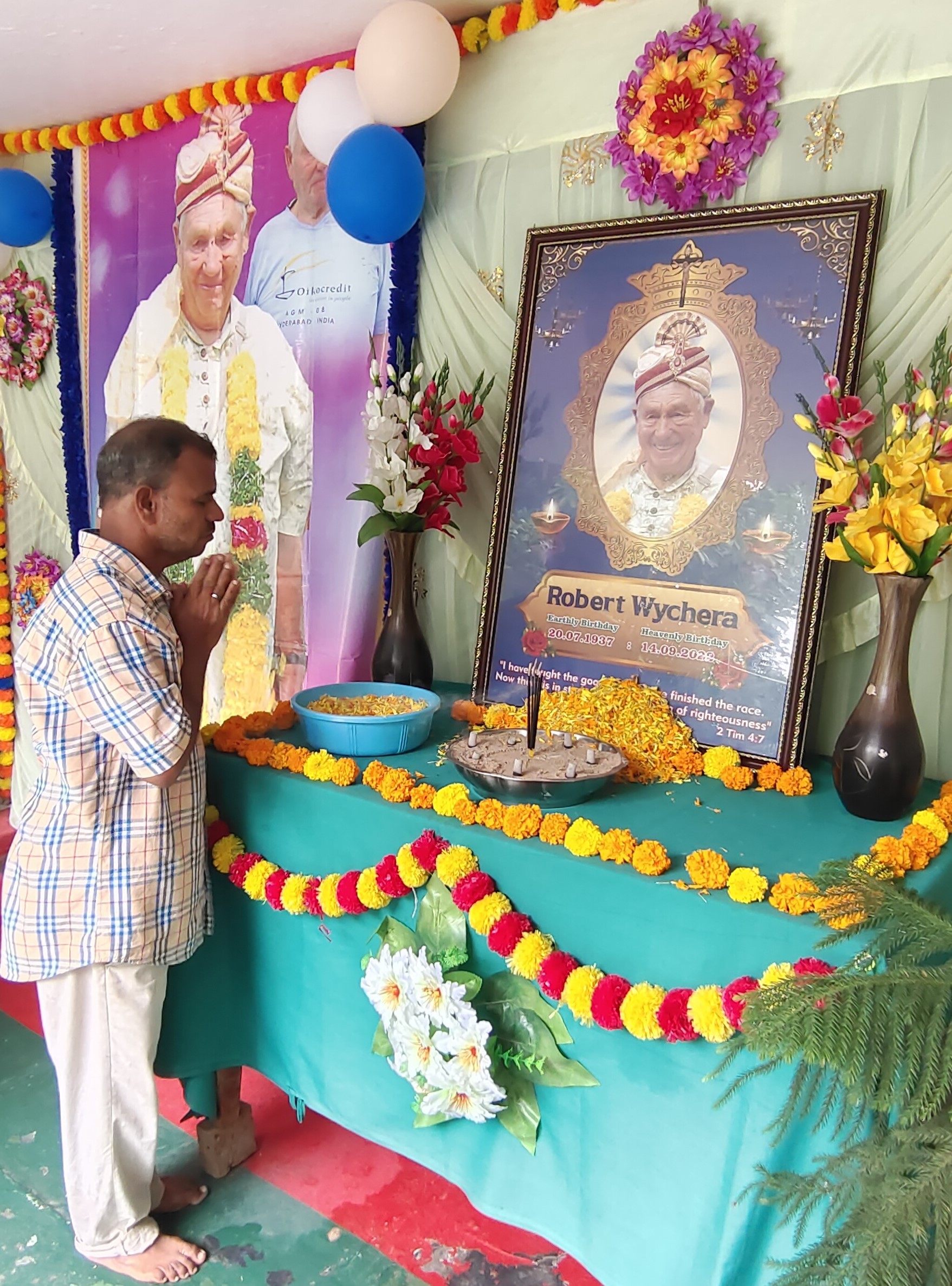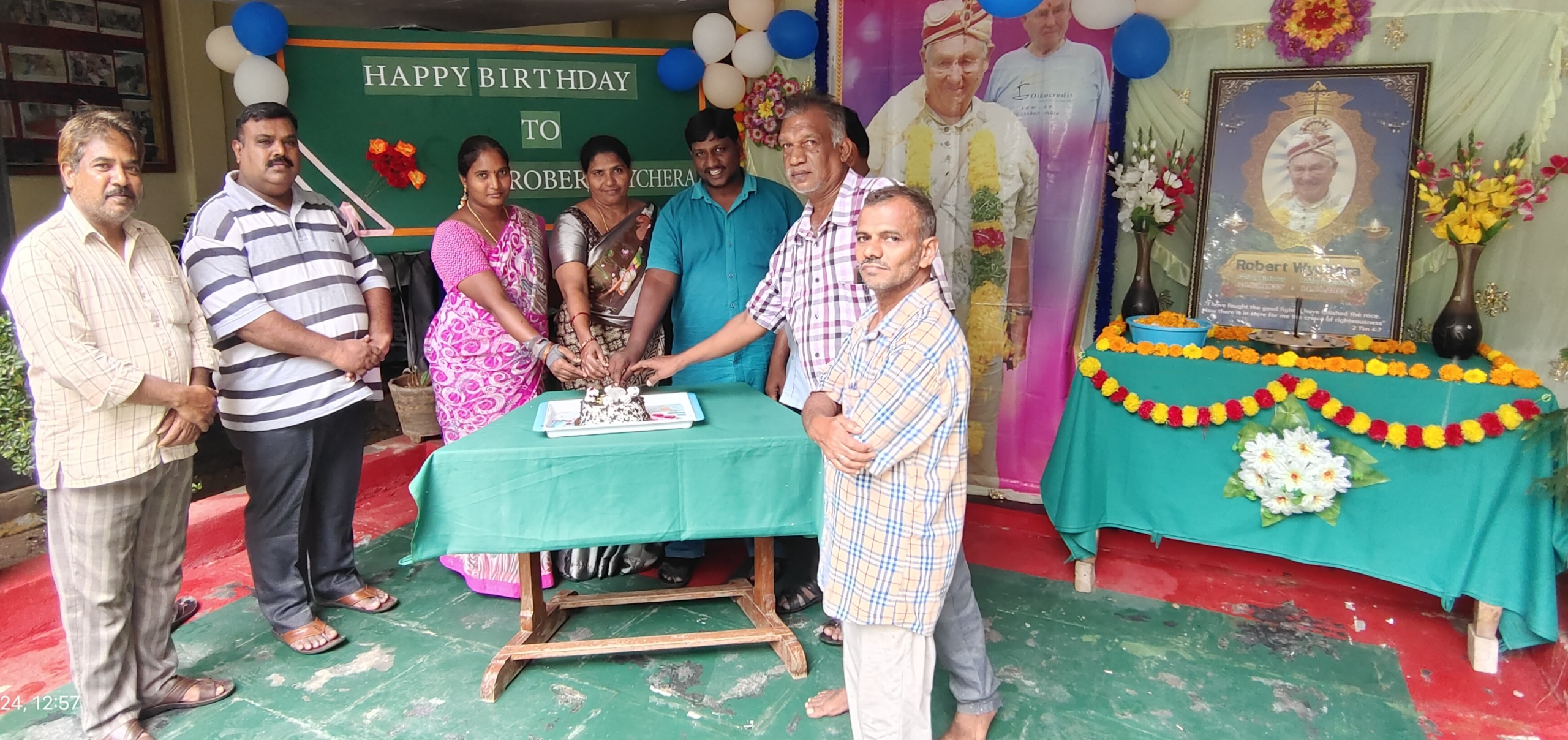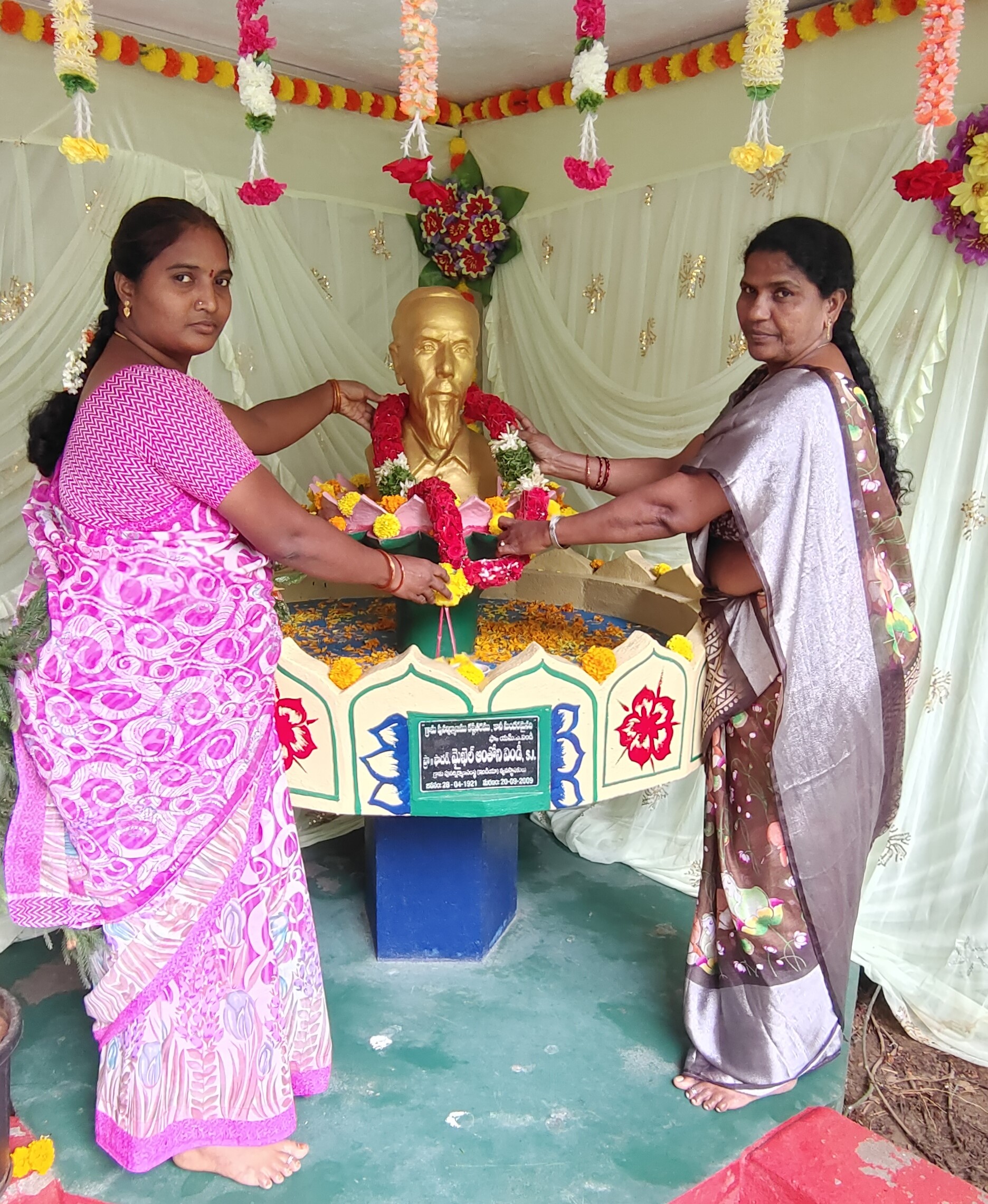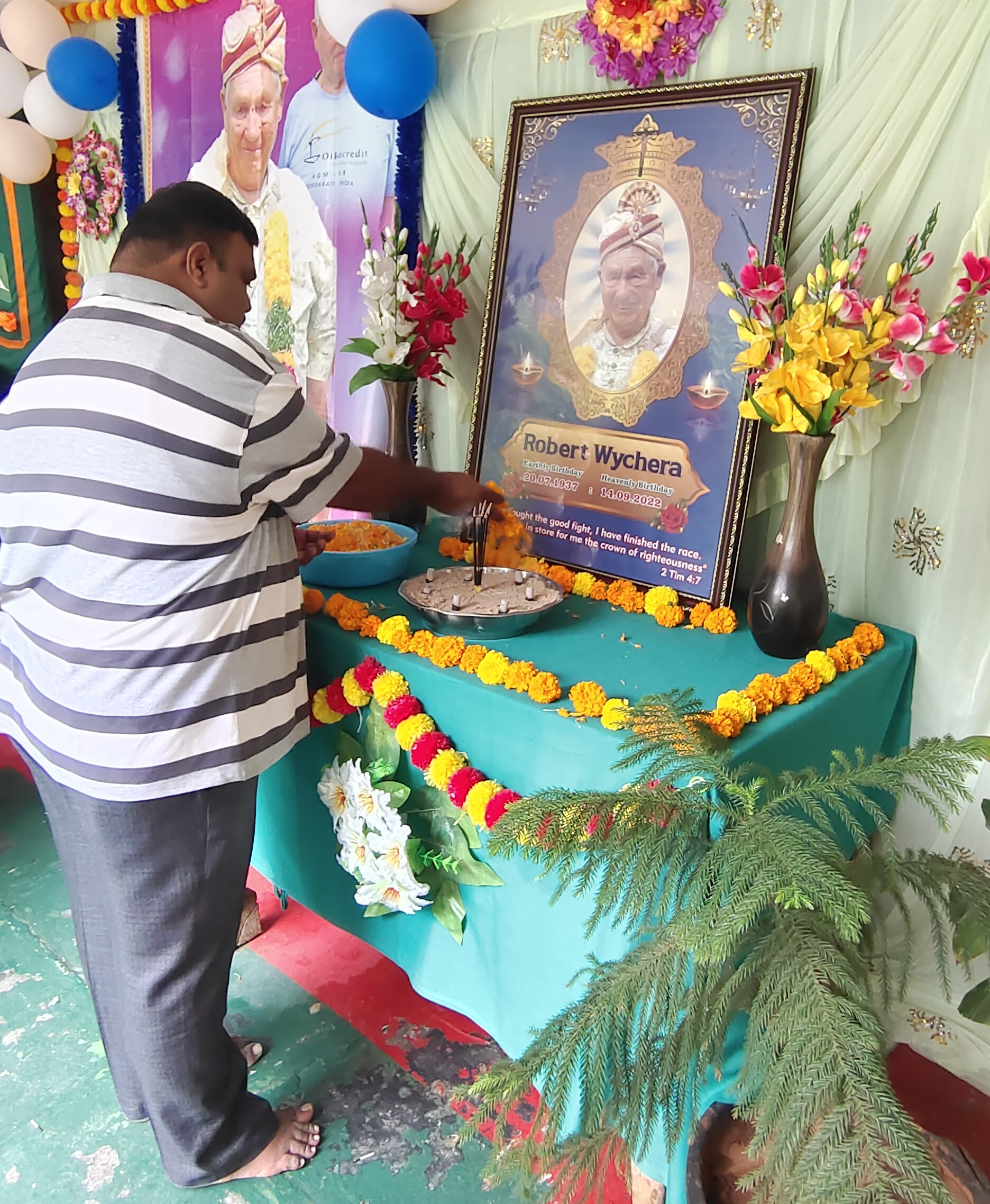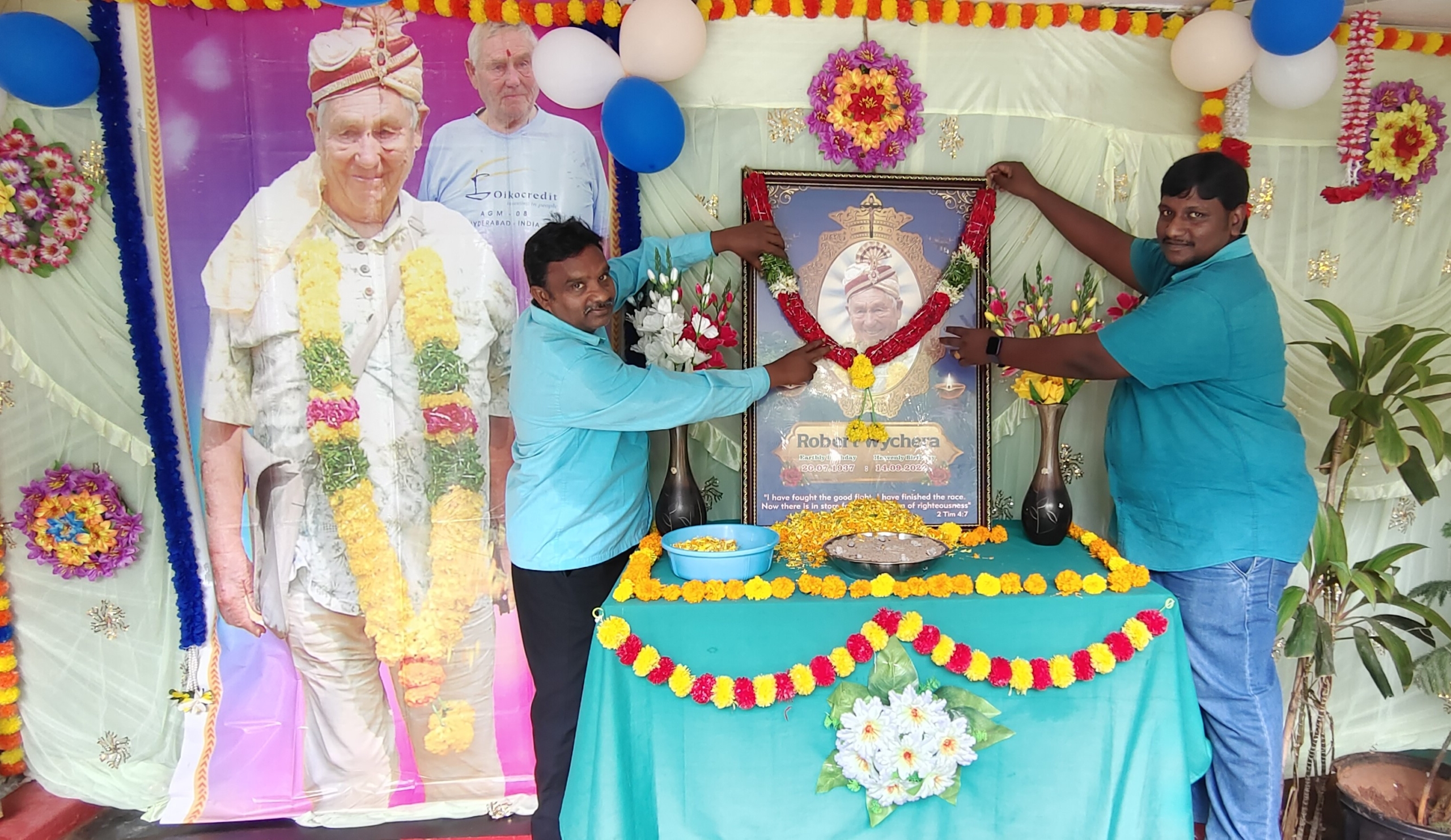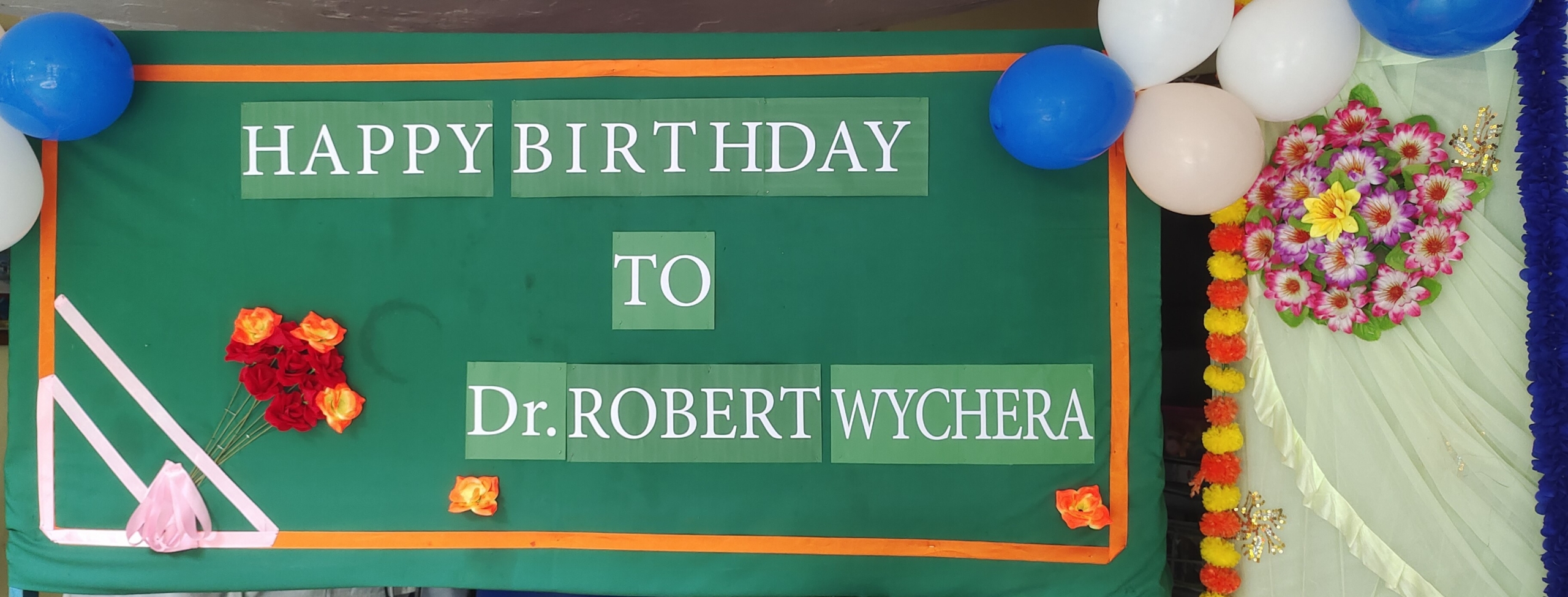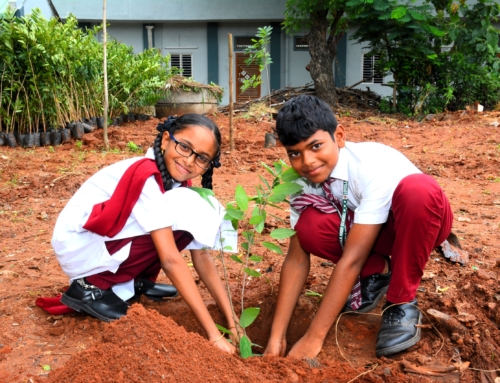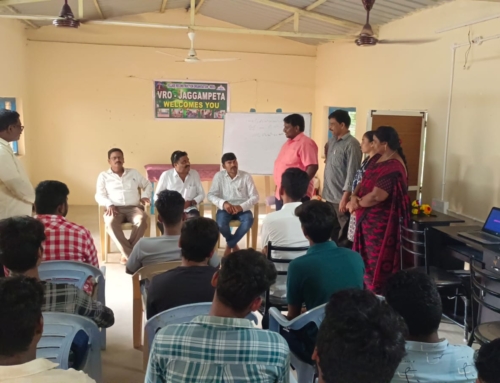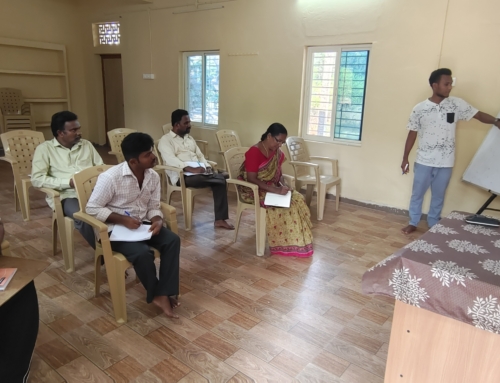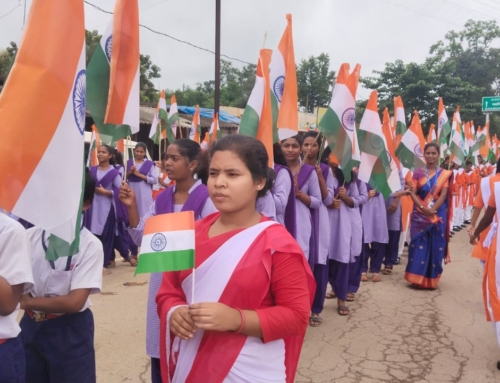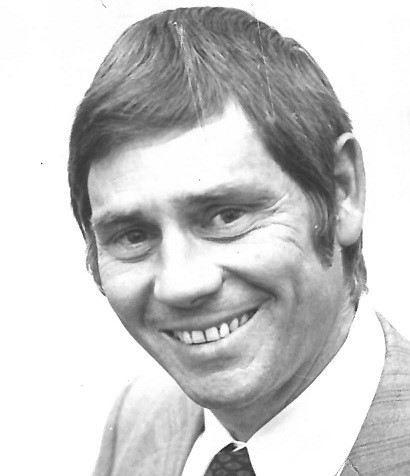
After completing his studies, Dr. Robert Wychera completed his judicial year in 1960/61 and in 1961 he joined the Cooperative Central Bank, where he rose to the position of credit director. In 1979 he was appointed Chairman of the Board and General Director of Volksbanken AG. This was the central institute for commercial banking under the Schulze-Delitzsch system (Volksbanken), similar to the role that the Cooperative Central Bank had played for the financial institutions in the Raiffeisen sector and the Girozentrale for the savings banks. In October 1985, the Board of Directors of Volksbanken AG, including its Chairman. Robert Wychera, resigned en masse because the reform strategies that the Chairman considered necessary were persistently rejected by the supervisory bodies.
During this time, Dr. Robert Wychera was involved in development cooperation and worked as a project manager for village construction in India. Together with the “Village Reconstruction Organisation”, he managed to build 80 village communities there. 33 of these villages alone were financed by his “Friends of Wychera”. He also played a key role in setting up a children’s centre. He was also involved in the field of microcredit. From 1996 to 2011, he was on the international board of Oikocredit and from 2002 to 2008, he was chairman of the Austrian support association Oikocredit Austria. This institution has enabled many people in the so-called Third World to build a better future. He has thus made a significant contribution to Austrian development cooperation.
In 2002, Wychera and his wife initiated the “Austrian Peace Run around Vienna City Hall,” which took place every year in the following years. This was a sponsored run to use the donations to help disadvantaged children from India, Africa and Austria to escape the poverty trap. He was also involved in the church. He was a member of the board of trustees of “Pro Oriente” and the advisory board of the “Afro-Asian Institute,” as well as a board member of “We are Church” (church referendum). In 2015, he organized accommodation for refugees from Syria and Iraq in Zeiselmauer (Tulln district, Lower Austria). He was also active as a high-altitude mountaineer and climbed several four- to six-thousand-meter peaks in the Andes and the Himalayas.


